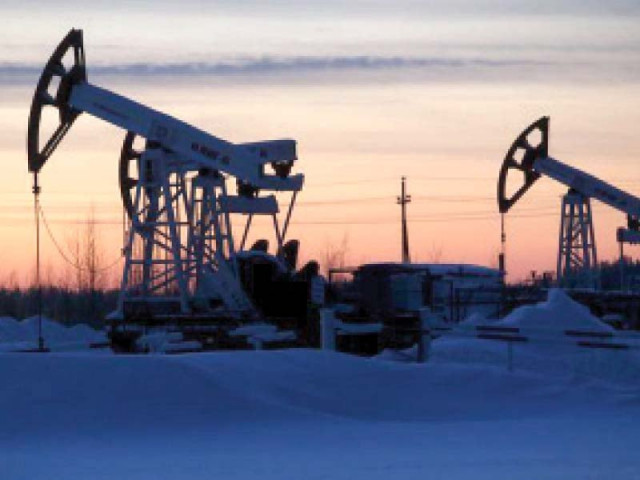Reliance on imported fuels grows by 9%
Continued to surge for 2nd consecutive month, hitting $2.03 billion in March

Pakistan’s reliance on expensive imports of refined petroleum products has increased in March, according to a report from a local research house citing data from the Pakistan Bureau of Statistics (PBS).
The import of petroleum products, including liquefied natural gas, rose by 9% to $2.03 billion in March compared to $1.87 billion in February. Meanwhile, the purchase of crude oil from foreign markets fell 16% to 596,000 tonnes in March, compared to 711,000 tonnes in February, as local refineries slowed down production. The slowdown was due to the reservoirs filling up with products in low demand, such as furnace oil.
Diesel smuggling from neighbouring Iran has also contributed to the reservoirs filling up with diesel, despite being a product in high demand in Pakistan. The data suggests the volumetric import of high-speed diesel increased 59% to 153,000 tonnes in March compared to 96,000 tonnes in February, despite the commodity’s stock doubling to 46 days (670,000 tonnes) compared to the usual stock of 20 days in the country.
The import of petrol also surged 36% to 591,000 tonnes in March compared to 436,000 tonnes in the prior month. The import of jet oil JP-01 also rose in the month due to the slowdown at local refineries.
The import of petroleum products, including liquefied natural gas (LNG), has continued to surge for the second consecutive month in March.
Imports may maintain their uptick in the coming months on the outlook that Pakistan is set to gradually reopen its partially closed economy after the government acquired the much-awaited financial commitments from friendly countries. This was the last condition of the International Monetary Fund (IMF) to revive its $6.5 billion loan program.
Speaking to the Express Tribune, Head of Research at the Pak-Kuwait Investment Company (PKIC), Samiullah Tariq said, “The increase in imports was seen for the second consecutive month in March after imports continued to drop in the prior six to eight months.”
He said imports may tick up in the months to come as the government gradually allows different sectors of the economy to import raw materials and slowly improves production to support economic growth.
However, imports will remain low in the current fiscal year 2023 compared to FY22. “The import of petroleum products may decline by 10-15% in FY23 compared to FY22,” Tariq said.
The imports have dropped 20% to $18.63 billion in the first nine-month of FY23 compared to $23.36 billion in the same period of the last year.
The withdrawal of subsidies on the sale of petroleum products from May 2022, the imposition of the petroleum development level (PDL) at Rs50 per litre, and a 56% rupee devaluation in the past year have made petroleum products expensive in the country. The decline in demand for fuel is due to a massive economic slowdown, historical rupee devaluation, record high interest rates on bank financing, and a six-decade high inflation rate in the country.
“The overheating of the economy has reduced the purchasing power of households and businesses significantly,” said Tariq.
Pakistan’s trade body comprising over 200 multinational companies has invited attention from authorities concerned about diesel smuggling from the bordering country. This is not only impacting refineries but also resulting in a loss of Rs1 billion a day in taxes to the government, it said.
In March, the share of petroleum products increased to more than half of total imports in US dollar value, compared to one-fourth in recent months. The government has prioritised the import of petroleum products, while other imports are partially suspended through administrative measures.
Published in The Express Tribune, April 15th, 2023.
Like Business on Facebook, follow @TribuneBiz on Twitter to stay informed and join in the conversation.



















COMMENTS
Comments are moderated and generally will be posted if they are on-topic and not abusive.
For more information, please see our Comments FAQ